Fennel for Babies – Benefits, Precautions and Recipes

- Is Fennel Safe for Babies?
- Nutritional Value of Fennel
- Health Benefits of Fennel for Infants
- Precautions to Be Taken While Giving Fennel to Babies
- Fennel Recipes for Babies
- Baby-Led Weaning Fennel Recipes
- FAQs
There might have been numerous instances where you have heard mothers use fennel oil for babies to treat specific digestive issues or improve their health. The benefits of fennel have been known for quite some time, but its use for infants can still cause many parents to hesitate and worry if fennel is genuinely safe for their child. Fennel for babies is like a little magic herb with a sweet liquorice taste that can help baby’s tummies and make them feel better (8). But we must do it right to keep our little ones safe. This article is all about the good things fennel can do for your baby, how to be careful, and some easy-peasy recipes to try out together.
Is Fennel Safe for Babies?
Giving your little one a fennel is entirely safe if the quantity is controlled. Usually, the best way to go about it is to make fennel water for babies, but there are other methods. It is not recommended to give fennel seeds directly to an infant.
Nutritional Value of Fennel
The nutritional benefits that fennel seeds provide are extensive. A mere 100 g of fennel consists of a nutrient distribution described below (9).
| Nutrient | Quantity |
| Vitamin A | 136 IU |
| Vitamin B6 | 0.5 mg |
| Niacin | 6 mg |
| Riboflavin | 0.35 mg |
| Thiamine | 0.4 mg |
| Vitamin C | 21.5 mg |
| Zinc | 3.5 mg |
| Sodium | 87 mg |
| Potassium | 1.7 g |
| Phosphorous | 490 mg |
| Magnesium | 390 mg |
| Iron | 18.5 mg |
| Calcium | 1.2 g |
| Fibre | 40 g |
| Carbohydrates | 52 g |
| Lipids | 15 g |
| Proteins | 16 g |
| Energy | 346 kilocalories |
| Water | 9 g |
Health Benefits of Fennel for Infants
You might have come across the benefits of fennel tea for babies, amongst many others. On a general note, fennel seeds themselves provide numerous health benefits for infants in various ways.
1. Protection From Microbes
Infants always face the risk of infection from different bacteria and fungi. Fennel seeds have been known to contain various antimicrobial properties (6). These protect from multiple pathogens and help keep infants healthy.
2. Treating Disorders of the Digestive System
Your baby might be constantly farting or suffering from a bloating sensation in the stomach, which are all indicative of the digestive system working incorrectly. Instead of taking any medication, give your child some fennel water by boiling and straining the seeds. Fennel extract for infants is often recommended to soothe digestive discomfort naturally (5).
3. Remedying Any Colic Issues
When any gas remains present in the stomach, it can start causing painful cramps in the child. If a baby cannot pass a fart, he might start crying uncontrollably (4). In such a case, fennel water or oil (3) can be quite effective in reducing the instances of such colic problems.
4. Increased Lactation and Indirect Benefits
Mothers worried about their babies taking in fennel directly can function as a channel to indirectly pass on the benefits of fennel seeds by drinking fennel tea or consuming fennel seeds/ oil themselves. The little one will get the best parts directly from the breastmilk. Furthermore, fennel seeds have also been linked to increasing lactation in nursing mothers (1).
5. Supports Nutrient Absorption
Fennel contains essential nutrients like vitamin C, potassium, and fibre, which aid in absorbing nutrients from other foods (10). Including fennel in your baby’s diet can enhance their overall nutrient intake, contributing to healthy growth and development.
6. Promotes Healthy Weight Gain
Fennel is low in calories but rich in fibre, which can aid in maintaining a healthy weight for infants. Its fibre content helps regulate bowel movements and prevent constipation, ensuring that your baby’s digestive system functions optimally without unnecessary weight gain.
7. Encourages Hydration
Fennel has a high water content, making it a hydrating addition to your baby’s diet. Introducing fennel-infused water or diluted fennel tea can help ensure your little one stays adequately hydrated, which is essential for overall health and well-being. Proper hydration is particularly crucial during hot weather or illness, and fennel can be a tasty way to encourage fluid intake for your infant.

Precautions to Be Taken While Giving Fennel to Babies
While fennel tea for newborns might have some benefits (7), there are some precautions you should take to avoid any side effects that could be harmful to the little child.
1. Check for the Presence of Allergies
As with any other food item you might introduce to your child, it is essential to check if he has any allergic reaction towards the item before continuing it for him. Start with a small amount first, and wait a couple of days to check for any signs of allergies, such as rashes or inflamed skin. If all seems fine, you can continue giving your baby fennel as tea or oil.
2. Prepare the Fennel Seeds Appropriately
When preparing fennel water for infants, it is necessary to boil the seeds in the solution, but the temperature shouldn’t be too hot. Boiling on a large flame can cause the antioxidants within the seeds to evaporate. Use a low flame and let the water boil gradually.
3. Never Give Fennel Seeds Directly
While there’s no direct harm in giving seeds to your little one, there are chances that your baby might choke on them while swallowing. Therefore, using those seeds to prepare fennel water or tea is the best way, and crushing them is highly recommended.
Fennel Recipes for Babies
When ensuring that your baby gets the best benefits of fennel, you can use some easy recipes that are customised specifically for infants.
1. Fennel Tea
Ingredients:
- Honey– 1 tsp
- Dandelion leaves- 1 tsp.
- Water- 1 cup
- Fennel seeds- 1 tsp
Procedure:
Here’s how to make fennel tea for babies the right way.
- Take a cup of water and boil it well.
- Put the dandelion leaves and crushed fennel seeds together and pour the water over them. Let this heat for around 10 minutes or so.
- Strain it and add a little honey for some flavour.
2. Fennel Water
Ingredients:
- 1 teaspoon of fennel seeds
- 1 cup of water
Procedure:
- Begin by boiling one cup of water in a small saucepan.
- Add one teaspoon of fennel seeds to the pot.
- Reduce the heat to low and let the fennel seeds simmer in the water for about 5 minutes.
- Strain the fennel seeds from the water.
- Store the fennel water in a sealed bottle or jar in the refrigerator for up to 24 hours.
Fennel water for colic babies is highly recommended since it can instantly relieve pain. Preparing fennel water is relatively easy and consists of simply leaving some seeds in hot water overnight. Ready-made fennel water is available in markets as well.
Baby-Led Weaning Fennel Recipes
Introducing fennel recipes for your toddler can be fun and nutritious! These easy dishes offer tasty options for every stage and are perfect for little ones learning to eat on their own.
1. For 6 to 9 Months
Fennel and Apple Puree
Ingredients:
- 1 small fennel bulb, trimmed and chopped
- 1 sweet apple, peeled, cored, and diced
- Water (as needed for consistency)
Procedure:
- Steam the chopped fennel bulb and diced apple until tender.
- Transfer the cooked fennel and apple to a blender.
- Blend until smooth, adding water as needed to reach the desired consistency for your baby.
2. For 9 to 12 Months
Fennel and Carrot Fritters
Ingredients:
- 1 small fennel bulb, grated
- 1 carrot, grated
- 1 egg
- 2 tablespoons of flour (e.g., whole wheat or chickpea flour)
- 1 tablespoon of grated Parmesan cheese (optional)
- Olive oil for frying
Procedure:
- In a mixing bowl, combine the grated fennel, grated carrot, egg, flour, and Parmesan cheese (if used) until well blended.
- Heat a small amount of olive oil in a non-stick skillet over medium heat.
- Spoon the fennel and carrot mixture into the frying pan, forming small fritters with the back of the spoon.
- Cook the fritters for 2-3 minutes on each side until golden brown is cooked through.
- Allow the fritters to cool slightly before serving your baby as a nutritious finger food.
3. For 12 to 24 Months
Fennel and Potato Hash
Ingredients:
- 1 tablespoon of olive oil
- 1 small fennel bulb, trimmed and diced
- 2 medium potatoes, peeled and diced
- 1/2 teaspoon of paprika
- 1/4 teaspoon of garlic powder
- Salt and pepper to taste
- Fresh parsley, chopped (optional, for garnish)
Procedure:
- Heat the olive oil in a large frying pan over medium heat.
- Add the diced fennel and potatoes to the frying pan, spreading them out evenly.
- Sprinkle paprika, garlic powder, salt, and pepper over the vegetables, stirring to coat evenly.
- Cook the hash for 15-20 minutes, stirring occasionally, until the potatoes are tender and lightly browned.
- Once cooked, remove the frying pan from heat and let it cool for a few minutes.
- Garnish with fresh parsley if desired, then serve the fennel and potato hash to your toddler as a delicious and nutritious meal.
FAQs
1. Is fennel a choking hazard for infants?
Fennel can be a choking hazard for infants if not prepared properly. It’s essential to chop or puree fennel to minimise the risk finely.
2. Is it safe for babies to consume homemade fennel purees?
Yes, it is safe for babies to consume homemade fennel purees, provided they are introduced at an appropriate age and texture consistency.
3. Can fennel help infants poop?
Yes, fennel’s natural properties can aid digestion and may help infants with bowel movements, but it should be introduced gradually and in moderation.
4. Does fennel make babies feel sleepy?
Fennel doesn’t have sedative properties, so it’s unlikely to make babies sleepy. However, a warm fennel tea may have a calming effect on some babies before bedtime.
5. How often can you give your baby fennel tea?
Fennel tea can be given to babies occasionally, but it’s best to consult with a paediatrician regarding frequency and dosage, especially if your baby has any health concerns.
Fennel is a fantastic addition to your toddler’s meals, offering delicious tastes and important health perks. From helping with digestion to providing essential nutrients, these recipes are like little treasures for your child’s development. By introducing fennel early on and encouraging them to explore different foods, you’re not just feeding them; you’re planting seeds for a lifetime of healthy eating habits.
Fennel tea for newborn babies, along with water and oil, can relieve numerous issues and enhance a child’s health (2). Of course, getting a doctor’s recommendation is highly necessary before proceeding with any herbal remedy for your infant.
References/Resources:
1. Fennel; Drugs and Lactation Database; https://www.ncbi.nlm.nih.gov/books/NBK501793/
2. Weizman. Z, Alkrinawi. S, Goldfarb. D, Bitran. C; Efficacy of herbal tea preparation in infantile colic; PubMed; https://pubmed.ncbi.nlm.nih.gov/8463920/
3. Alexandrovich. I, Rakovitskaya. O, Kolmo. E, Sidorova. T, Shushunov. S; The effect of fennel (Foeniculum Vulgare) seed oil emulsion in infantile colic: a randomized, placebo-controlled study; PubMed; https://pubmed.ncbi.nlm.nih.gov/12868253/
4. Gavish. L, Korchia. G, Cohen. S, Maor. Y; A real-world evaluation of an herbal treatment for infantile colic reported by 1218 parents in Israel; Journal of Pediatric Nursing; https://www.sciencedirect.com/science/article/pii/S0882596322003177
5. De. A. K, De. M; Functional and therapeutic applications of some general and rare spices; Functional Foods and Nutraceuticals in Metabolic and Non-Communicable Diseases; https://www.sciencedirect.com/science/article/abs/pii/B9780128198155000446
6. Sarla. G. S; Saunf: Do we really need fennel seeds after a meal?; Journal of Medical Surgical Nursing Practice and Research; https://www.researchgate.net/publication/335840673_Saunf_Do_we_really_need_fennel_seeds_after_a_meal
7. Malhotra. S. K; Fennel and fennel seed; Handbook of Herbs and Spices; https://www.sciencedirect.com/science/article/abs/pii/B978085709040950014X
8. Fennel, bulb, raw; USDA; https://fdc.nal.usda.gov/fdc-app.html#/food-details/169385/nutrients
9. Badgujar. S. B, Patel. V. V, Bandivdekar. A. H; Foeniculum vulgare Mill: A Review of Its Botany, Phytochemistry, Pharmacology, Contemporary Application, and Toxicology; PubMed Central; https://www.ncbi.nlm.nih.gov/pmc/articles/PMC4137549/; August 2014
Also Read:
Ginger for Infants
Giving Plums for Babies
Introducing Arrowroot for Babies
Was This Article Helpful?
Parenting is a huge responsibility, for you as a caregiver, but also for us as a parenting content platform. We understand that and take our responsibility of creating credible content seriously. FirstCry Parenting articles are written and published only after extensive research using factually sound references to deliver quality content that is accurate, validated by experts, and completely reliable. To understand how we go about creating content that is credible, read our editorial policy here.







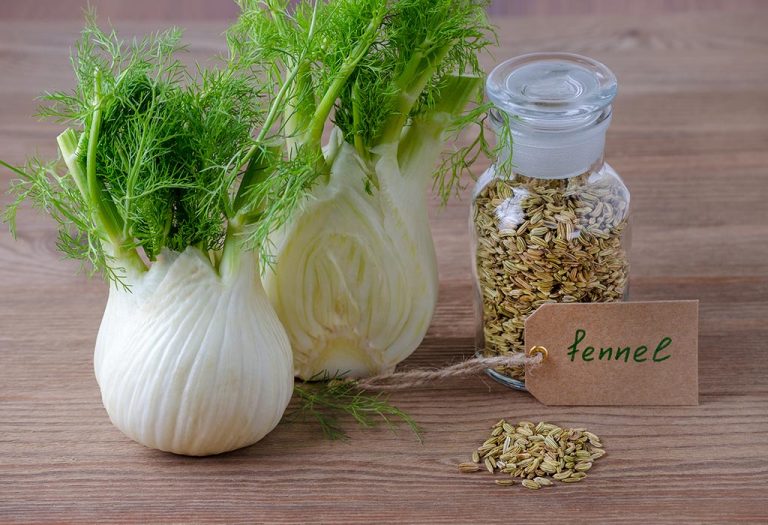
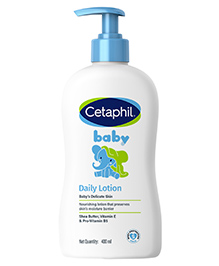
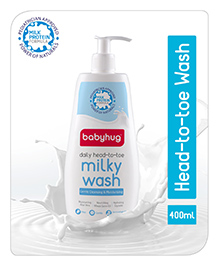
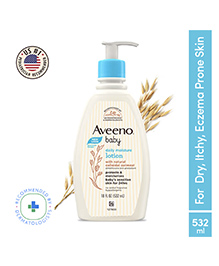
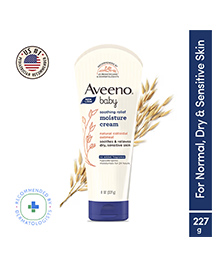
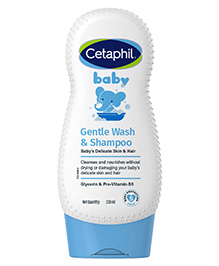
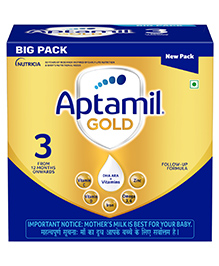
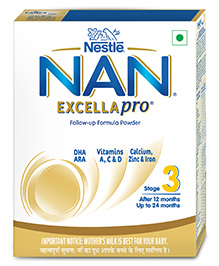
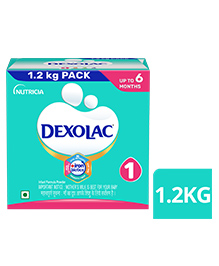

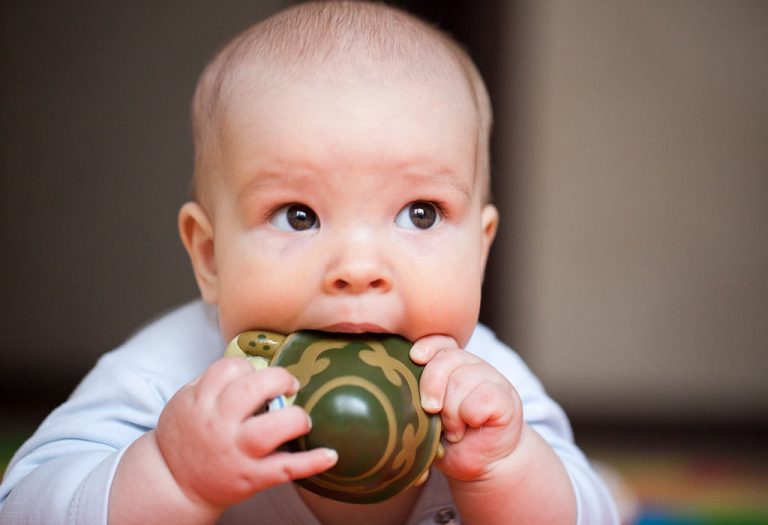


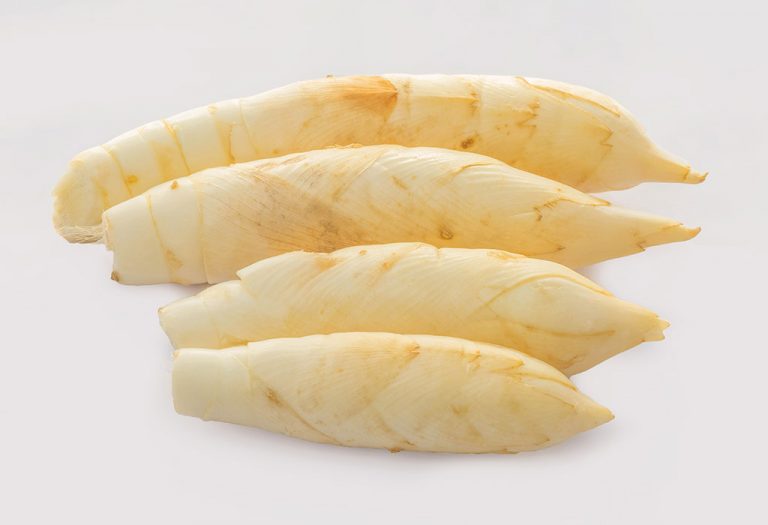
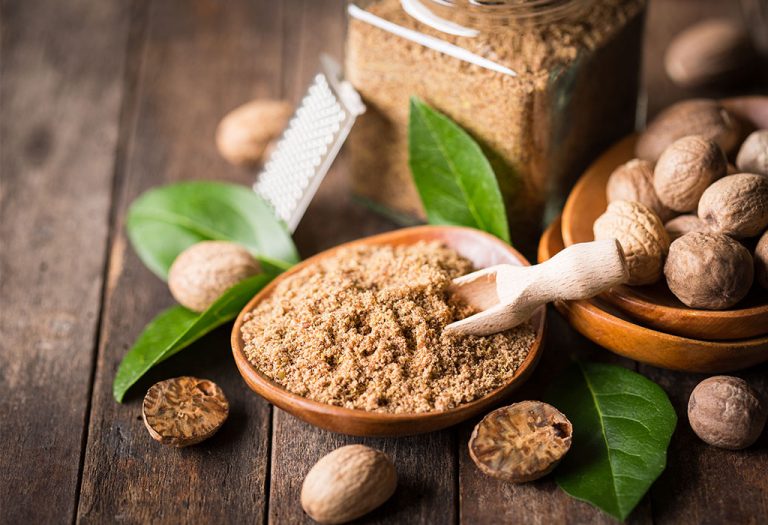

.svg)


















